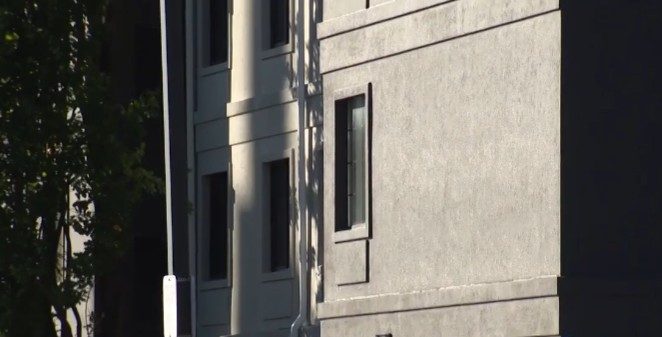ВАЖА ТАВБЕРИДЗЕ: Что касается операции «Паутина», в ходе которой украинские беспилотники уничтожили 34% российских стратегических бомбардировщиков, то о какой величине идет речь? Каковы непосредственные и долгосрочные военные последствия для хода войны?
МИК РЯН: Я думаю, что нужно более широко рассматривать как его влияние на эту войну, так и ее последствия для войны.
В этом конкретном конфликте операция «Паутина» явно оказывает военное воздействие, поскольку сокращает количество бомбардировщиков, доступных для России. Мы не знаем точно, сколько было уничтожено, но это уменьшит количество самолетов, которые могут нести эти точные ракеты большой дальности - те, которые труднее перехватить и нести большие боеголовки. Так что есть военная полезность в том, что сделали украинцы.
У украинцев есть настоящее искусство определять, где русские не смогли достаточно быстро учиться и адаптироваться.
Но, возможно, еще более важным является психологическое воздействие — будь то на российские ВВС или на российскую общественность. Я не думаю, что это изменит мнение Путина. Очень мало может. Если он проиграет войну, то столкнется с сотнями тысяч разгневанных солдат, которые придут домой и спросят: «Зачем все это?» Так что я не знаю, что это изменит траекторию войны, потому что это потребует изменения расчетов Путина, и я не думаю, что это сделало это.
Другой момент, который я хотел бы подчеркнуть, заключается в том, что у украинцев есть настоящее искусство определять, где русские не смогли достаточно быстро учиться и адаптироваться. Российские военно-воздушные силы видели несколько атакованных баз, но все еще не догнали их. Это создало пробел, и украинцы воспользовались им. В современной войне, если вы недостаточно быстро адаптируетесь, ваш враг заставит вас заплатить за это.
Я думаю, что его самое большое значение заключается в других областях, особенно в том, как другие военные организации могут рассматривать свою собственную способность наносить удары по противникам. Во время холодной войны только сверхдержавы могли проводить подобные атаки на большие расстояния. Теперь любой может. Бар был снижен не только для государственных военных, но и для негосударственных субъектов. Наркокартели могут это сделать. Это означает, что мы все должны активизировать нашу игру, когда речь идет о защите военных баз и критически важной инфраструктуры. Я бы сказал, что демократии в этом отношении еще более уязвимы, чем Россия.
Было бы справедливо сказать, что это была самая мощная атака беспилотников в истории на сегодняшний день? Некоторые даже утверждают, что это может означать переломный момент в пользу беспилотной войны по сравнению с обычной тактикой.
Я бы сказал, что это, безусловно, одна из самых дерзких атак беспилотников, которые мы когда-либо видели. Это показывает, что удивление все еще очень возможно на войне, вопреки утверждениям некоторых людей. Но я бы не назвал это поворотным моментом. Это скорее восклицательный знак — три с половиной года инноваций, творчества и эволюции в том, как ведется война.
Беспилотники трансформируют войну, без сомнения. Но я думаю, что большинство людей, которые обращали внимание, уже пришли к такому выводу. То, что произошло в минувшие выходные, только подчеркивает это.
Поэтому для тех, кто обращает внимание, это продолжение устоявшейся тенденции. Но для тех, кто не был или оставался скептиком, это нападение открыло окно в будущее войны?
Думаю, да. Для тех, кто либо проигнорировал уроки, либо просто был занят своей жизнью, такого рода атака, как вы сказали, является окном — тревожным сигналом о том, что все изменилось, меняется и будет продолжать меняться.
Вы упомянули о психологическом воздействии. Какой ущерб эта операция нанесла России? Финансовые потери оцениваются в пределах от 2 до 7 миллиардов долларов США. Тогда есть стратегическое время, которое Украина купила, спасенные жизни - военные и гражданские. Есть ли в этом символический аспект?
Абсолютно. Как я уже сказал, на русских очень сильное психологическое воздействие, но для украинцев это не менее важно.
Мы не должны забывать: когда Украина наносила этот дерзкий удар, Россия проводила самую большую атаку беспилотников в войне против Украины. Для украинских гражданских лиц, которые переносят эти жестокие, ненужные атаки каждую ночь, видеть их военный удар обнадеживает. Они хотят знать, что могут нанести ответный удар.
Это психологически важно и для Европы. Люди там продолжают видеть, что Украина стоит того, чтобы ее защищать, и более чем способна защищать себя с небольшой поддержкой.
Другие страны могут начать разработку независимых ударных систем дальнего действия, особенно если они разделяют аналогичные опасения по поводу будущего обмена разведданными США при Трампе.
И вам хотелось бы думать, что это оказывает психологическое воздействие на Вашингтон, округ Колумбия, на тех, кто, как это ни удивительно, похоже, поддерживает Россию. Они должны видеть, что победа России, которую Путин обещает, далеко не неизбежна. У украинцев есть агентство, и их стоит защищать.
И что у Зеленского действительно есть некоторые карты в рукаве.
У Зеленского много карточек. Одним из наиболее важных является творчество и инновации украинского народа, как военного, так и гражданского.
Президент Зеленский подчеркнул, что операция была спланирована "только Украиной". Значит ли это, что никакого участия Запада не было? Или это просто официальная линия Киева? Что мы должны прочитать в нем?
Когда я последний раз был на Украине, это было примерно в то время, когда произошло отключение американской разведки, и это оказало глубокое влияние, особенно в таких местах, как Курск. Но, что более важно, это имело более широкий психологический эффект. Украинцы, наконец, поняли, насколько они уязвимы без данных о нанесении ударов США на большие расстояния.
Поэтому они упорно работают над созданием альтернативных источников, потому что не хотят, чтобы люди могли наложить вето на их забастовки. И как бы плохо ни было при администрации Байдена, которой потребовались годы, чтобы обеспечить ATACMS, они считают, что при нынешней администрации ситуация может стать еще хуже. У них есть веские основания так думать.
Таким образом, это был критический шаг: развитие большей независимости в нацеливании и ударных возможностях. Но это также создает прецедент — другие страны могут начать разработку независимых ударных систем дальнего действия, особенно если они разделяют аналогичные опасения по поводу будущего обмена разведданными США при Трампе.
Немного коробки Пандоры, не так ли?
Это точно. Многие страны вынуждены задавать сложные вопросы, на многие из которых у нас пока нет ответов. Но многие страны теперь снижают риск своих союзов с Америкой, ища альтернативные источники. Европейская оборонная промышленность будет становиться все более важной как для оружия, так и для разведки.
Давайте поговорим о реакции США на Паутинную паутину. В недавнем разговоре президента Трампа с Путиным мы не видели, чтобы он отодвигал позицию Путина о том, что будет «жесткий ответ» на атаку. Что ты об этом думаешь?
Прошлые президенты США, которых мы привыкли называть лидерами свободного мира, осудили бы диктатора, вторгшегося в демократию. Они бы решительно защищали эту демократию. Сейчас этого не происходит. Трамп в основном сказал: «Конечно, Путин снова нападет на Украину», даже без символического осуждения. Это должно быть первым для американского президента, и это устанавливает новый минимум для того, как США имеют дело с другими демократиями.
А как же обещанная Путиным «расплата»? По его словам, красных линий больше нет. Какой ответ мы должны ожидать?
Вы знаете, что Путин лжет, когда его губы шевелятся. Какая разница между его обещанным "рассмотрением" и обычной ночью на Украине, когда от 300 до 400 беспилотников бьют по городам? От 2000 до 4000 беспилотников наносят удары по Украине каждый месяц.
Я не вижу разницы в том, что Россия может сделать в ответ. Он просто будет использовать это в качестве дополнительного оправдания для своих продолжающихся нападений на гражданских лиц и инфраструктуру.
Так вы не думаете, что он поднимется на новый уровень? Некоторые даже сравнивали это событие с Перл-Харбором. Это правильная аналогия?
Как он может еще больше обостриться? Ничто из того, что он сделал, не улучшило его шансы на победу. Единственное оружие, которое он не использовал, — ядерное. И если вы поговорите с украинцами, они скажут вам: даже если он действительно использует ядерную бомбу, это просто означает, что многие из них умрут, прежде чем они в конечном итоге победят.
Я не вижу, как он может существенно обостриться, если он не решит нацелиться на другие страны Европы. Он уже бросает в Украину все, что у него есть.
Недавно я услышал хорошую метафору: представьте, что через четыре года после вторжения США в Ирак он контролировал только 15 процентов страны и потерял миллион солдат. Можно ли сказать, что США побеждают? Нет. И это ситуация, в которой находится Россия. Путин уверен в себе, но не побеждает. Трудно понять, что еще он может сделать, чтобы улучшить свои шансы.
Так вы не думаете, что он устроит какое-нибудь напыщенное, в голливудском стиле шоу силы — какой-нибудь тактический ядерный удар, чтобы забить точку дома?
Он может попробовать. Но мне трудно представить, что он станет ядерным. Красные линии НАТО, которые существуют сейчас, исчезнут в одночасье. Трамп будет вынужден действовать, и я думаю, что американский народ и Конгресс потребуют гораздо большего ответа, чтобы поддержать Украину.
Он может попытаться провести более крупные бомбардировочные рейды или воздушные атаки, но это сделает его более уязвимым для украинской ПВО. Его «рассмотрение» может иметь неприятные последствия и превратиться в серьезное смущение. Поэтому его придется очень тщательно откалибровать.
Я не ожидаю ответа, который изменит правила игры, но я ожидаю чего-то, и, к сожалению, это будет жестоко для украинских гражданских лиц.
И, наконец, укрепила ли операция Паутина позиции Украины в мирных переговорах или сделала мир еще более отдаленной перспективой?
Мир уже был отдаленной перспективой задолго до этого. Путин не изменил своих целей — они всегда были максималистскими: подчинить Украину, стереть ее суверенитет. Паутина просто укрепила послание Украины: «Мы свободны, и мы намерены оставаться такими. Мы не сдаемся. "
Мик Райан Генерал-майор в отставке в австралийской армии. Выпускник Школы передовых международных исследований Университета Джона Хопкинса и Колледжа командования и штаба Университета морской пехоты США и Школы передовых боевых действий, он является страстным сторонником профессионального образования и обучения на протяжении всей жизни. В январе 2018 года он принял командование Австралийским колледжем обороны в Канберре.
Важа Тавберидзе Грузинский журналист, работающий с Грузинской службой Радио Свобода.
Пожалуйста, поддержите Новая Восточная Европа краудфандинговая кампания. Пожертвуйте, нажав на кнопку ниже.


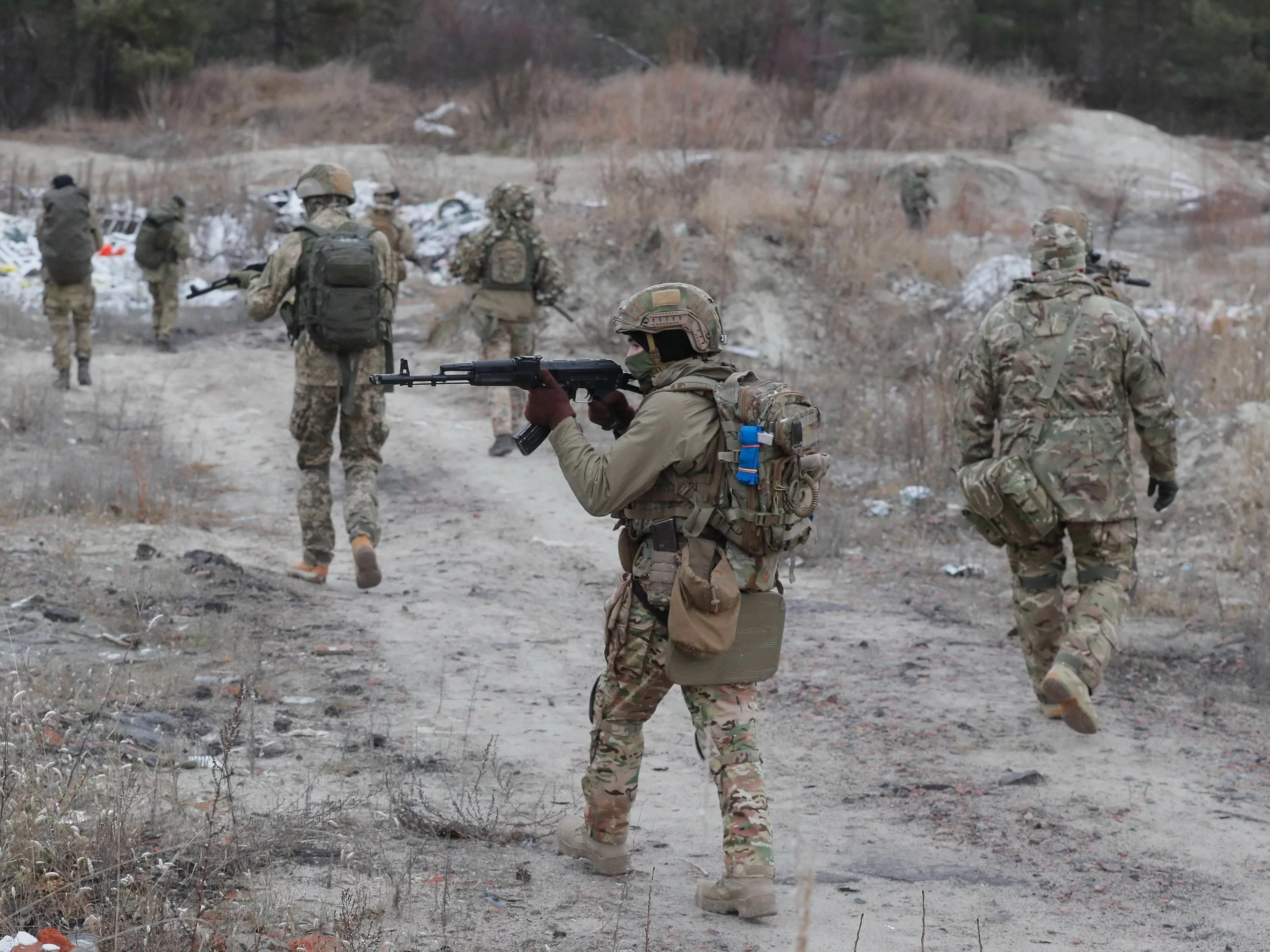
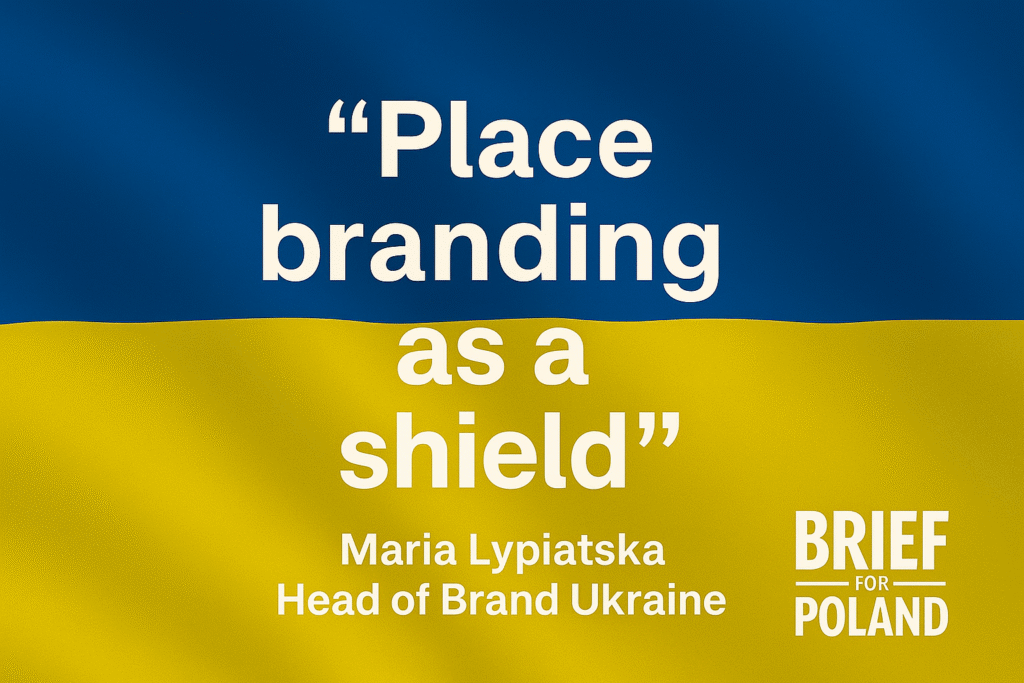
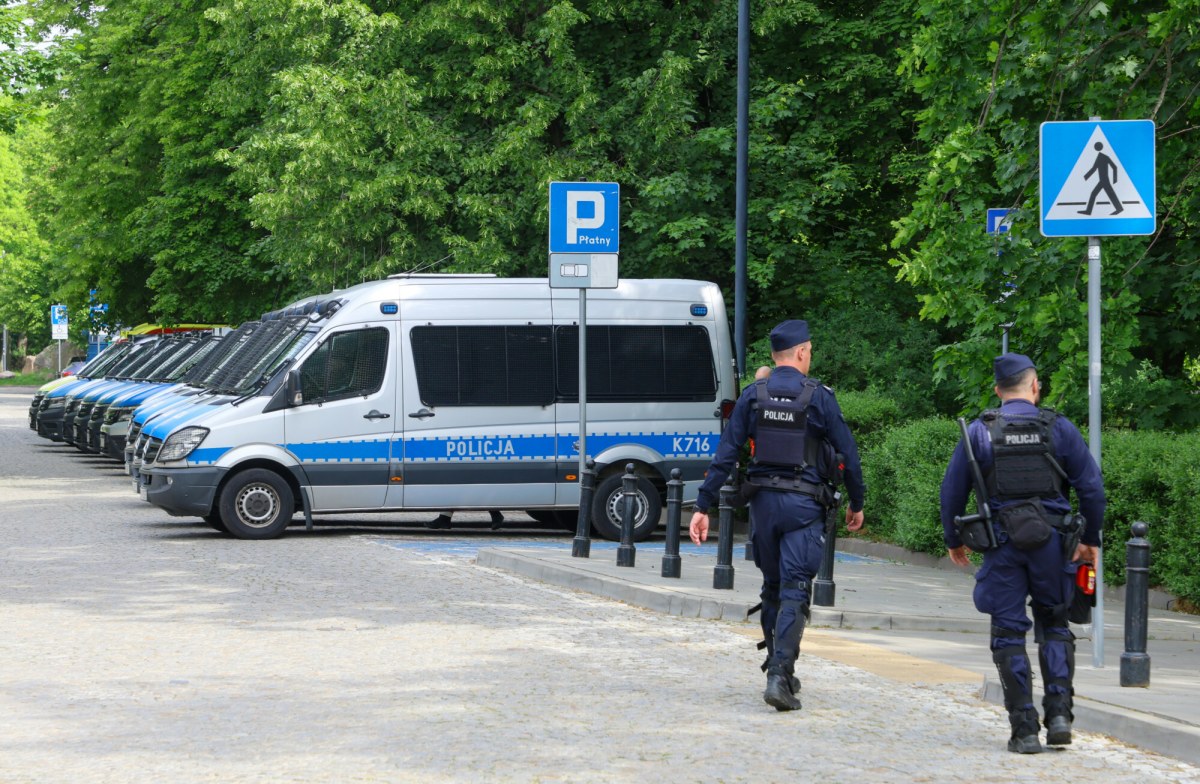
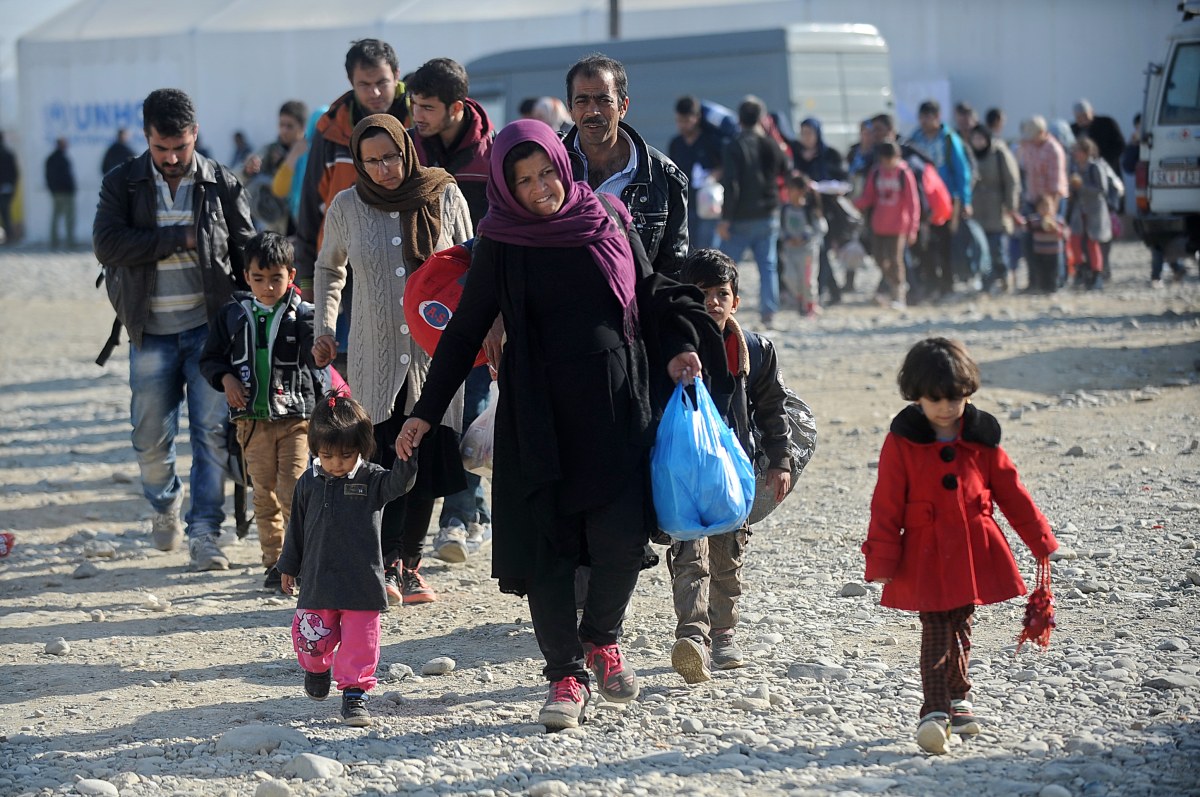
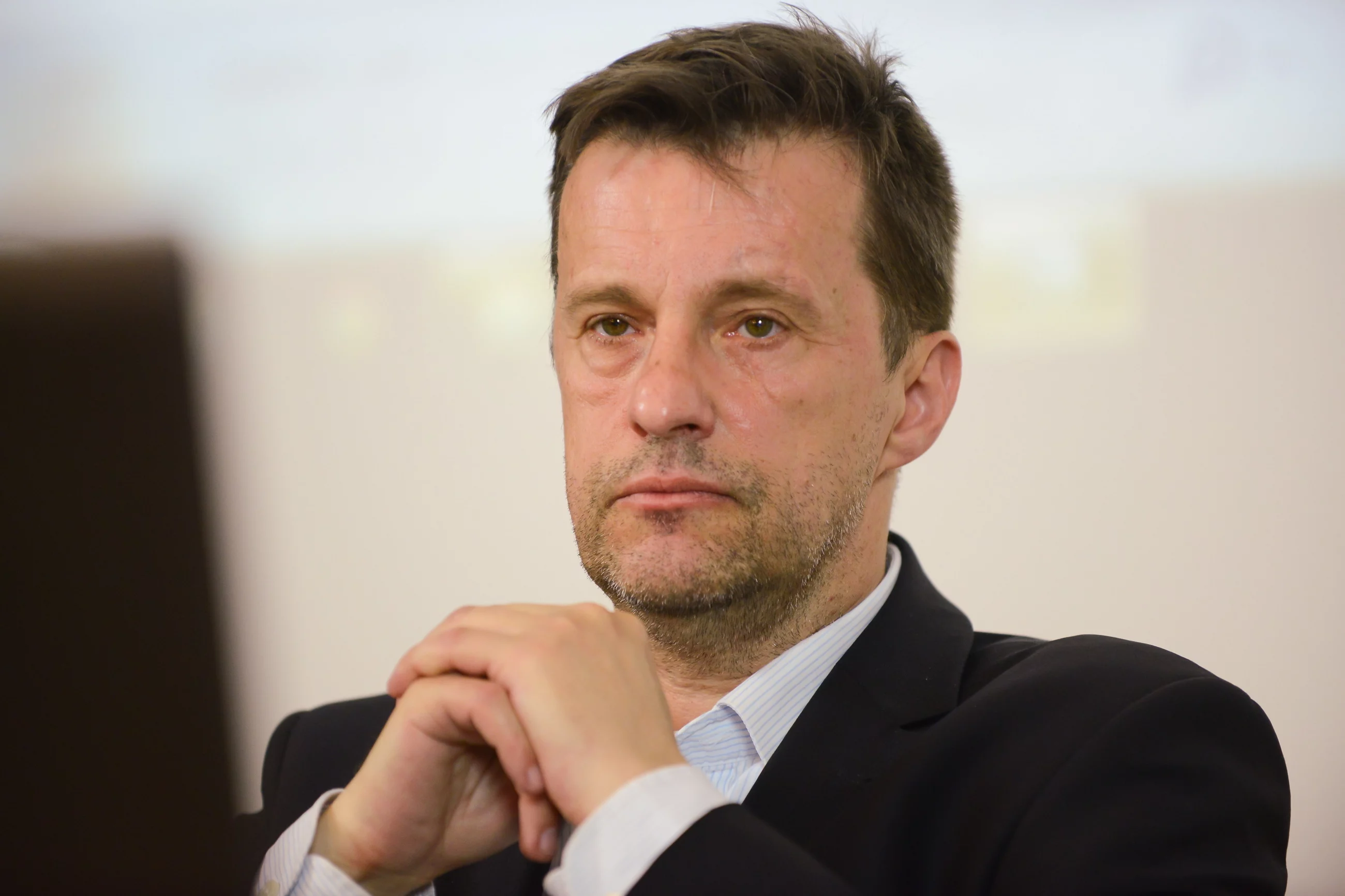
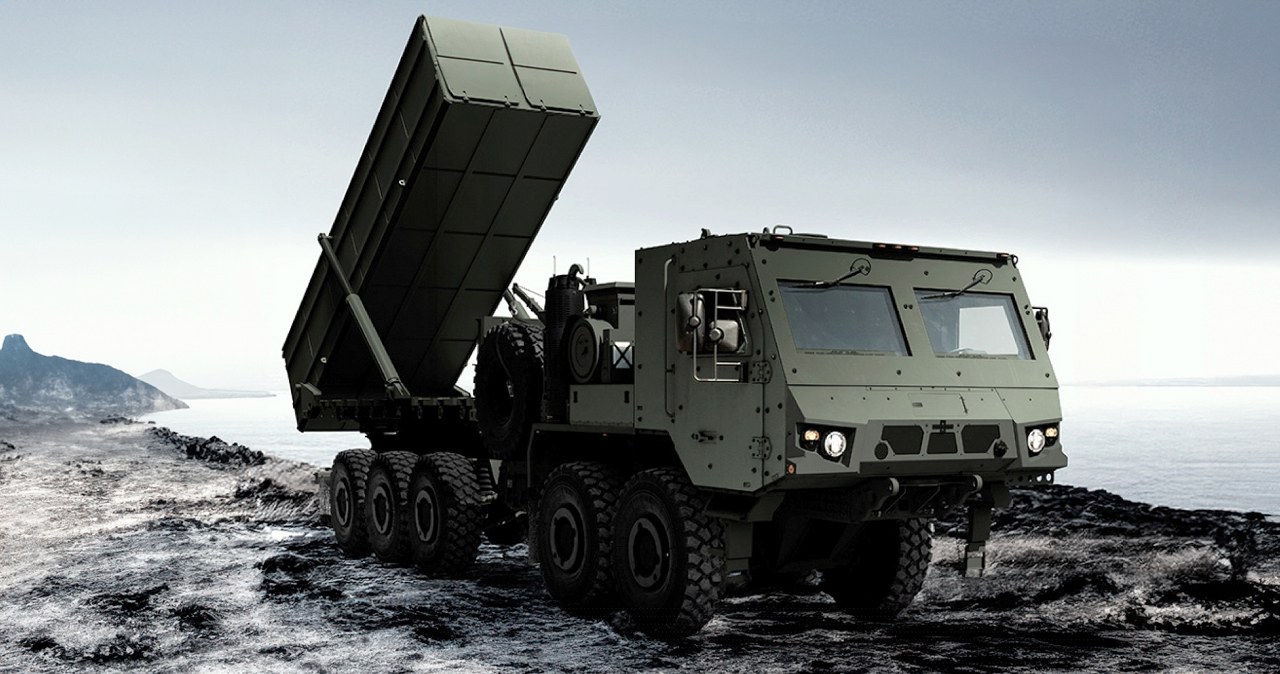


![A gdyby tak rzucić wszystko i wyjechać do Maroka… [zdjęcia]](https://tarnow.ikc.pl/wp-content/uploads/2025/10/ucieczka-do-tangeru-fot.-Artur-Gawle0001.jpg)
